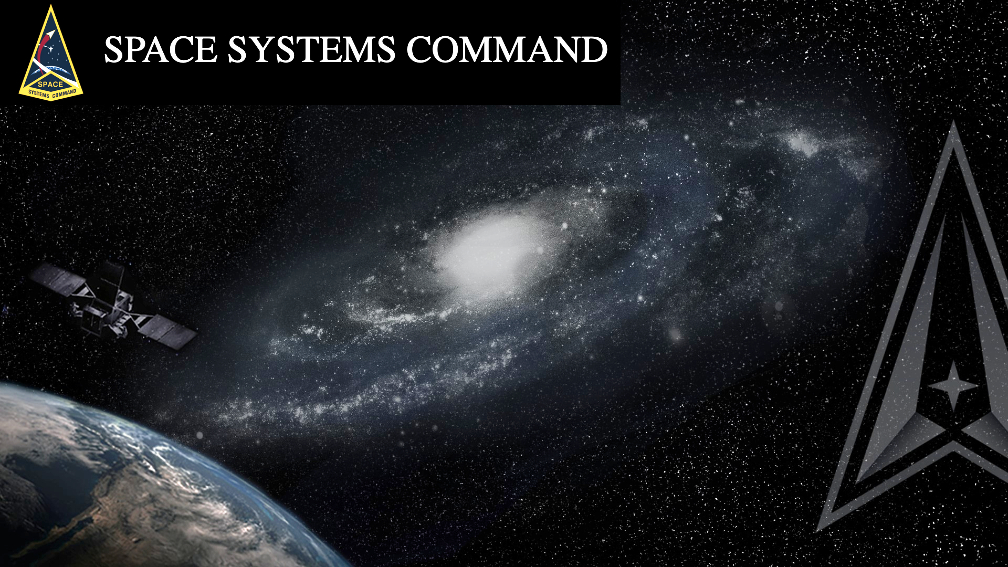
Space Systems Command and Long Beach-based Virgin Orbit National Systems, a US-incorporated, wholly-owned subsidiary of Virgin Orbit, successfully air-launched seven Department of Defense Research and Development satellites for the U.S. Space Force on the company’s LauncherOne rocket, after taking off on July 1st from Mojave Air and Space Port, California.
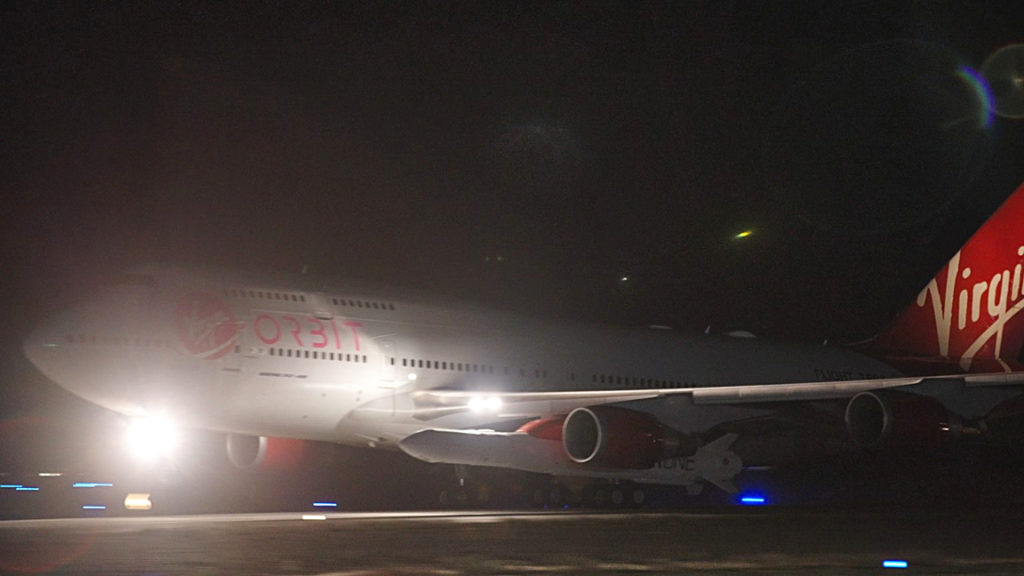
The nighttime mission, designated STP-S28A, demonstrated commercially available solutions to place Space Force satellite capabilities on-orbit, providing flexibility and resiliency for the Space Force and warfighter requirements in an increasingly contested environment.
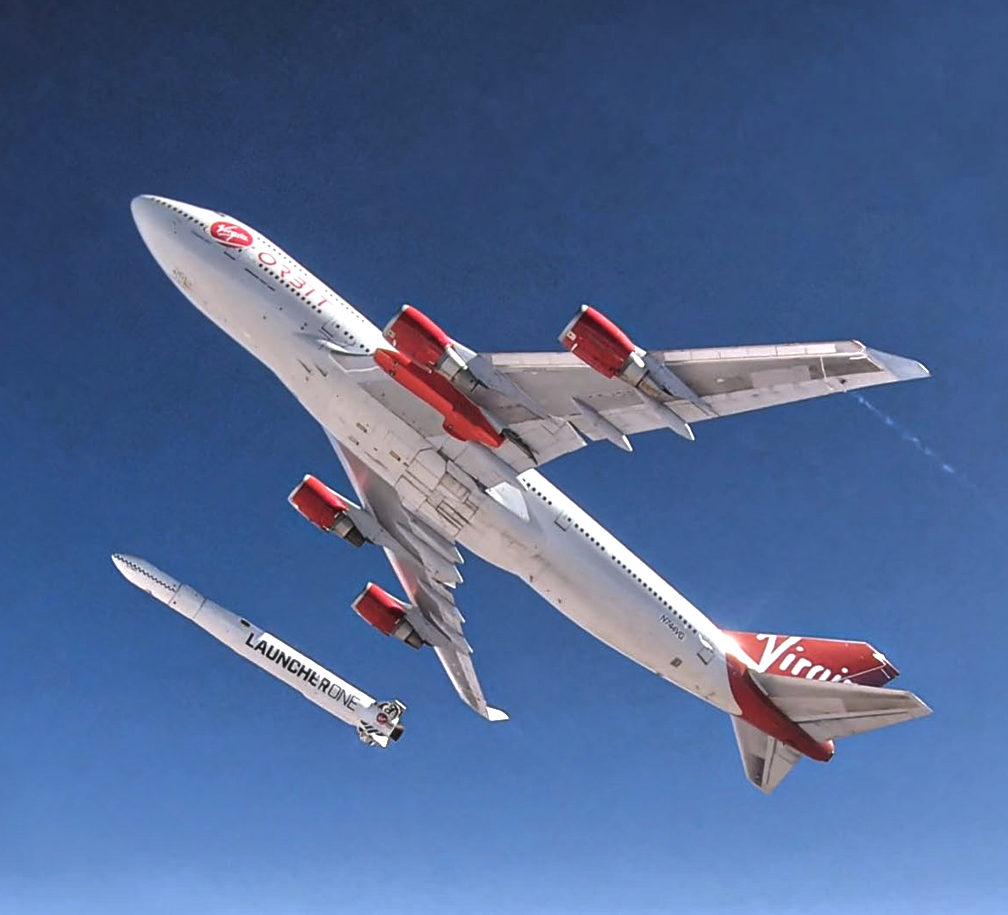
“Congratulations to the STP team and our mission partners on today’s successful launch,” said Brig. Gen. Timothy Sejba, program executive officer for Space Domain and Combat Power, which manages the DoD Space Test Program. “The STP team continues to demonstrate how agile access to space enables us to quickly and affordably prove out new R&D technology on-orbit, accelerating the development of our future, more resilient, space architecture.”
“I’m thrilled with [this] successful launch,” said Lt. Col. Jonathan Shea, director of the DoD Space Test Program. “Cost effective space access is key to the U.S. Space Force’s pivot to a more resilient space architecture. This launch with Virgin Orbit exemplifies SSC’s commitment to expanding partnerships with innovative companies and accelerating the delivery of future capabilities for the Warfighter.”
According to Shea, these new space vehicles will contribute to the nation’s defense and gain ground against any adversaries operating in the highly contested space domain.
Space Systems Command, headquartered at Los Angeles Air Force Base in El Segundo, California, is the U.S. Space Force field command responsible for rapidly developing, acquiring, equipping, fielding and sustaining lethal and resilient space capabilities. SSC mission capability areas include launch acquisition and operations, communications and positioning, navigation and timing (PNT), space sensing, battle management command, control and communications (BMC3), and space domain awareness & combat power.
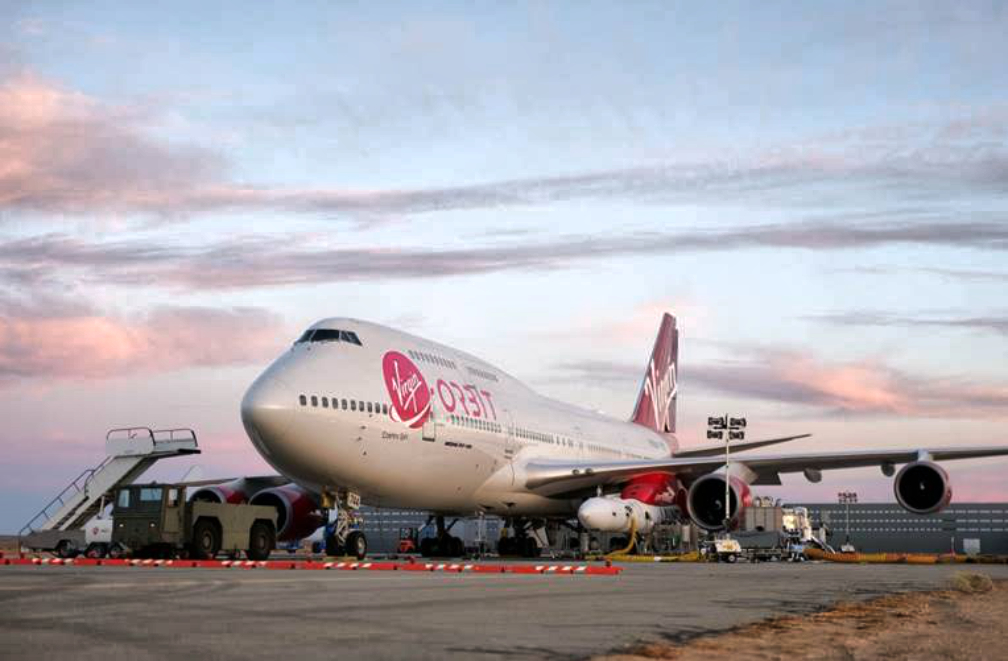
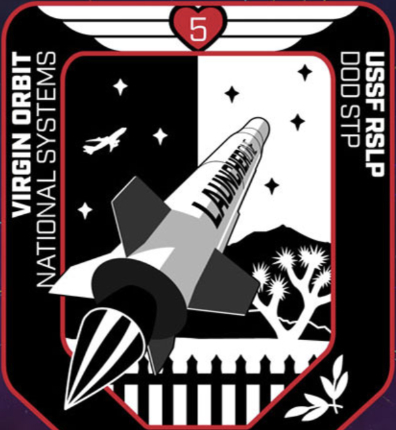
Virgin Orbit (Nasdaq: VORB) has confirmed the success of the company’s fourth, consecutive, satellite launch mission named Straight Up which carried seven satellites to LEO for the United States Space Force (USSF), who procured this launch for the Rocket Systems Launch Program, with payloads provided by the Department of Defense Space Test Program (STP). In support of its mission partners, Virgin Orbit has now delivered a total of thirty-three satellites to orbit with 100% mission success.
Virgin Orbit’s fully mobile LauncherOne system conducted its first ever evening flight from a bare concrete pad and a runway at the Mojave Air and Space Port in California. The launch began at 10:50 p.m. local time, Friday, July 1, and concluded with the successful deployment of all seven payloads at approximately 12:55 a.m. Pacific on the morning of July 2, completing the company’s first nighttime demonstration of the company’s responsive space launch capabilities.
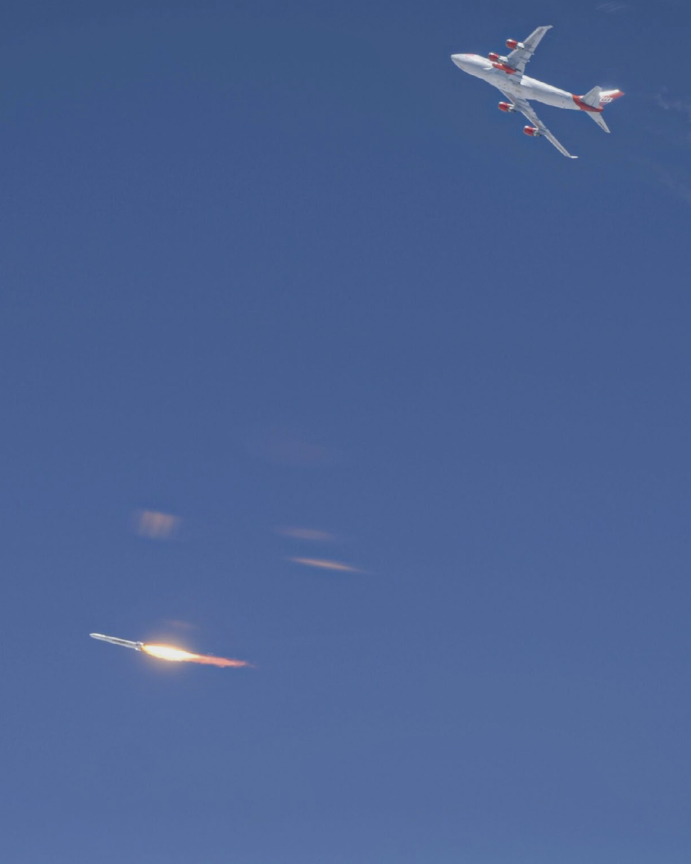
The launch reached an orbit approximately 500 km. above the Earth’s surface at 45 degrees inclination. This was Virgin Orbit’s second time reaching that inclination — an orbit that no other system has ever reached from the West Coast.
The seven satellites deployed by the result of the Straight Up launch are from multiple government agencies and will facilitate experiments intended to demonstrate innovative spacecraft technologies, new approaches for satellite applications, and Earth atmospheric science.
The contract to launch this mission, also dubbed STP-S28, was awarded to Virgin Orbit National Systems in April of 2020 by the United States Space Force as a three-launch mission. STP-S28A is the first of those launches.
The Straight Up launch marked the company’s fourth successful commercial flight. The U.S. Space Force Rocket Systems Launch Program is a first-time customer for Virgin Orbit. The U.S. Department of Defense Space Test Program is a three-time repeat customer of Virgin Orbit. Photo Credit: Virgin Orbit / Daniel Jarvis, Mark Waker
“The LauncherOne rocket and Virgin Orbit team have made me immensely proud with today’s Straight Up mission,” said Virgin Orbit founder, Richard Branson. “There is so much potential benefit for everyone from space if we just manage it well together. We are delighted for the opportunity to work with the US government to help make space a safe and fruitful environment for all.”
“We are honored to be supporting and delivering for the U.S. Space Force and the U.S. Department of Defense at such a critical juncture for national security space, our nation, and our world. An incredibly talented Virgin Orbit team and our LauncherOne system continue to demonstrate a track record of success for our spacecraft customers and that was confirmed again today,” said Virgin Orbit CEO, Dan Hart.
“I’m proud to be part of this incredible team, both on our side and the government team, in driving this mission to success,” said Mark Baird, President of Virgin Orbit National System, the subsidiary that interfaces with the National Security customers. “It was incredible to see the Straight Up mission wheels up, and satellites successfully deployed to support the mission of our customers. We are intensely focused on ensuring we are a key mission partner as we continue to accelerate the operationalization of the LauncherOne system.”
Following the success of this launch, the Virgin Orbit team is preparing for its first international launch later this year in collaboration with the United Kingdom Space Agency, the Royal Air Force, and Space Port Cornwall. This will be the first orbital launch from UK soil.
Virgin Orbit (Nasdaq: VORB) operates one of the most flexible and responsive space launch systems ever built. Founded by Sir Richard Branson in 2017, the company began commercial service in 2021, and has already delivered commercial, civil, national security, and international satellites into orbit. Virgin Orbit’s LauncherOne rockets are designed and manufactured in Long Beach, California, and are air-launched from a modified 747-400 carrier aircraft that allows Virgin Orbit to operate from locations all over the world in order to best serve each customer’s needs. Learn more at www.virginorbit.com and visit us on LinkedIn, on Twitter @virginorbit, and on Instagram @virgin.orbit.
Former posting…
Virgin Orbit National Systems has halted the launch of the Space Test Program (STP)-S28A launch due to noting that the LauncherOne‘s rocket propellant temperature was ‘slightly out of bounds.” The rocket is being unloaded and will be recycled for another launch attempt in the coming days.
Space Systems Command is preparing to air-launch the STP-S28A mission on June 29th to deliver seven payloads for the DoD Space Test Program off the Southern California coast to an orbit of 500 kilometers at a 45 degree inclination.
These experimental payloads enable the development of a wide range of technologies supporting the future warfighter. On-orbit demonstrations include a modular platform for supporting system development, Intelligence Surveillance & Reconnaissance (ISR) and Proximity Operations of SmallSats, next-generation Radio Frequency (RF) communications and data routing, and research in Earth sciences.
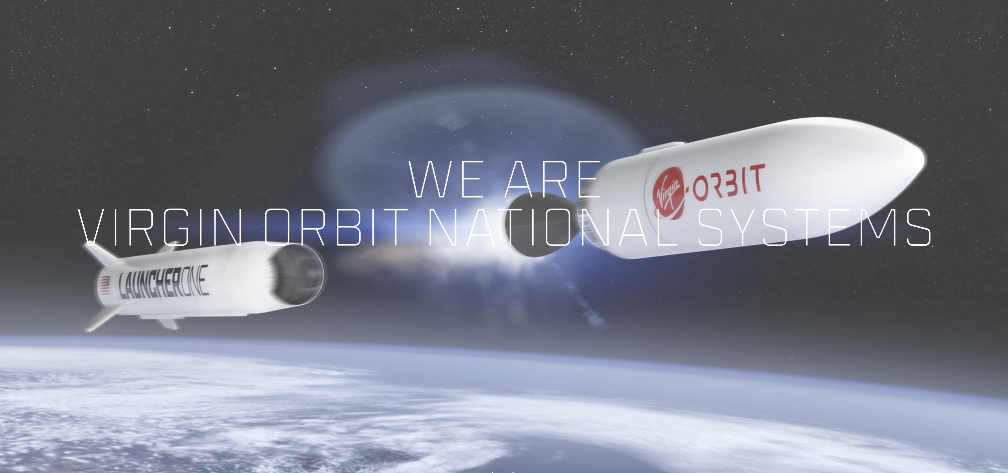
Virgin Orbit National Systems is set to deploy the payloads into orbit on its LauncherOne rocket, designed and manufactured in Long Beach, California.
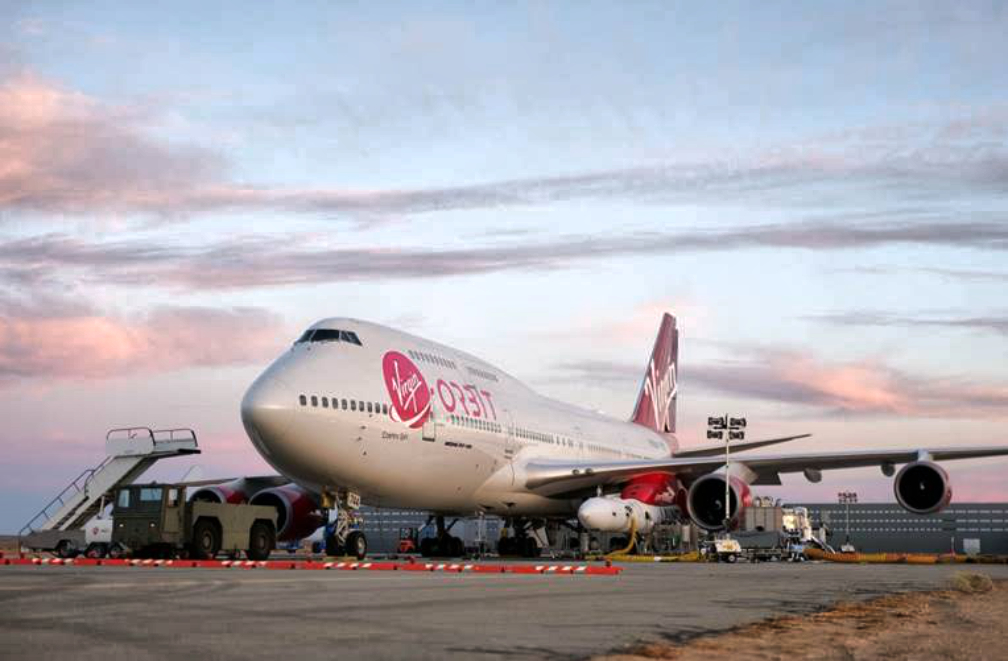
They will be air-launched from Virgin Orbit’s 747-400 carrier aircraft, dubbed “Cosmic Girl,” after taking off from Mojave Air and Space Port and flying a prescribed aerial “racetrack” course over the Pacific Ocean.
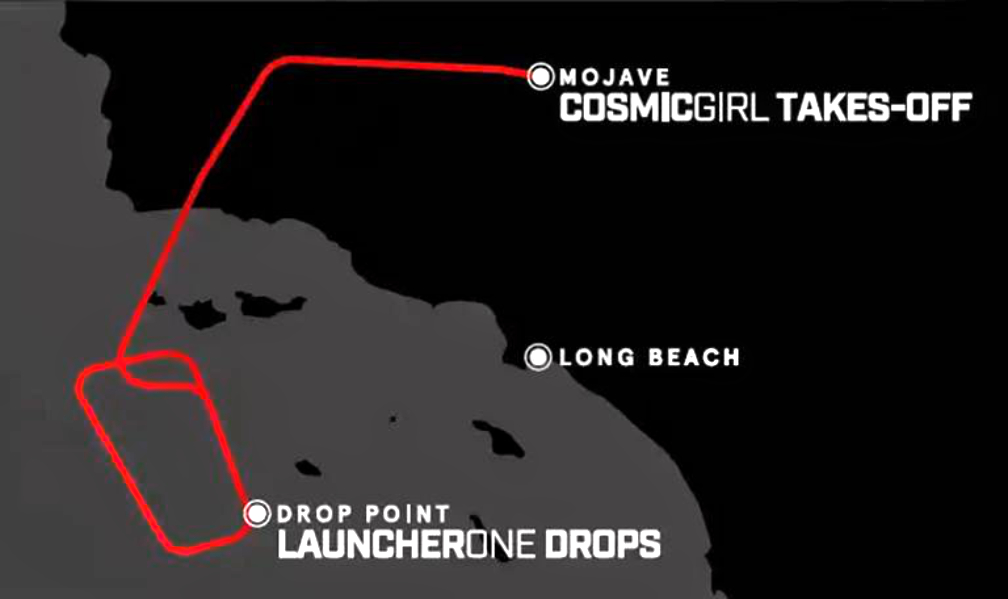
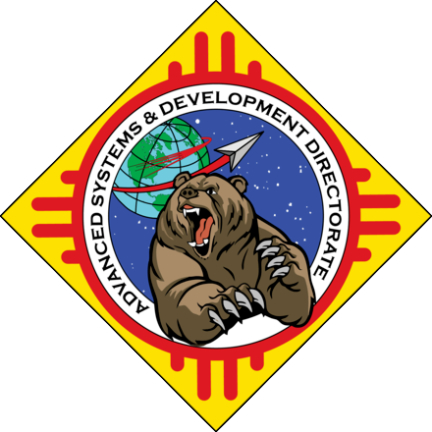
STP-S28A is managed by the DoD Space Test Program that delivers experimental demonstrations of new capabilities and expedient space access solutions for research and development experiments. SSC’s Space Domain Awareness & Combat Power, Innovation and Prototyping Delta at Kirtland Air Force Base, New Mexico, administers the DoD STP.

Space Systems Command procured this launch through the Rocket Systems Launch Program (RSLP).
“We are excited to partner with Virgin Orbit National Systems for the launch of the STP-S28A mission for the DoD Space Test Program,” said Lt. Col. Justin Beltz, chief of Space Systems Command’s Small Launch and Targets division. “RSLP and STP have a long history of working together to support Department of Defense science & technology efforts. The entire team has worked tirelessly to prepare for this upcoming launch, and we look forward to getting the Space Test Program’s payloads where they need to be on-orbit.”
Space Systems Command, headquartered at Los Angeles Air Force Base in El Segundo, California, is the U.S. Space Force field command responsible for rapidly developing, acquiring, equipping, fielding and sustaining lethal and resilient space capabilities. SSC mission capability areas include launch acquisition and operations, communications and positioning, navigation and timing (PNT), space sensing, battle management command, control and communications (BMC3), and space domain awareness & combat power.
